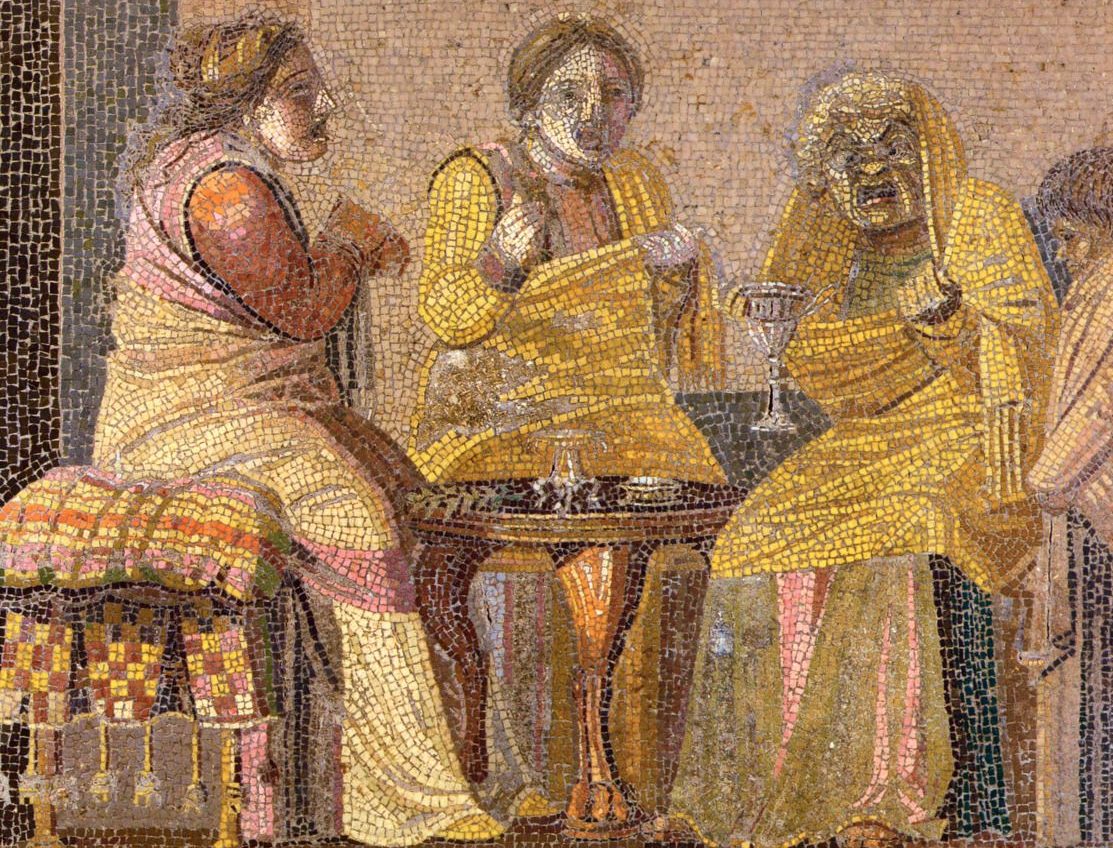Si ex te tacente fieri possem certior,
ere, quae miseriae te tam misere macerent,
duorum labori ego hominum parsissem lubens,
mei te rogandi et tis respondendi mihi. (Plaut. Ps. 3-6)
Master, if while you’re silent I could get the information out of you as to what misery is vexing you so miserably, I’d have been happy to spare two people from trouble, me from asking you and you from answering me. (transl. W. De Melo)
This project is based on the hypothesis that it is possible to study spoken interactions recreated and stylized in certain Greek and Latin literary works, conducting the study with methodological tools provided by Conversation Analysis (hereafter CA). CA emerged from the work developed by H. Sacks during the 1960s and 1970s at the University of California (see H. Sacks, Lectures on Conversation, Blackwell, 1992) and continued, among others, by his collaborators E. Schegloff and G. Jefferson, uninterruptedly and influentially up to the present day. As a discipline, CA is connected with Sociology and, especially, with the Ethnomethodological Analysis proposed by S. Garfinkel in the 1960s, and it is also closely related to Linguistics.
We seek to apply CA to the study and analysis of Latin and Ancient Greek texts, with two main research objectives: on the one hand, examining the structural patterns of conversation as they appear in different genres and authors, and so gaining a better understanding of the techniques of dialogue composition in the internally varied genres of classical literature; on the other hand, getting to know, through those literary works, the conversational norms and practices of Greek and Roman societies.
This project brings together for the first time a group of Classics scholars interested in Conversation Analysis, led by Rodrigo Verano (Universidad Autónoma de Madrid, Spain).

This work has been supported by the Madrid Government (Comunidad de Madrid-Spain) under the Multiannual Agreement with Universidad Autónoma de Madrid in the line of action encouraging youth research doctors, in the context of the V PRICIT (Regional Programme of Research and Technological Innovation)